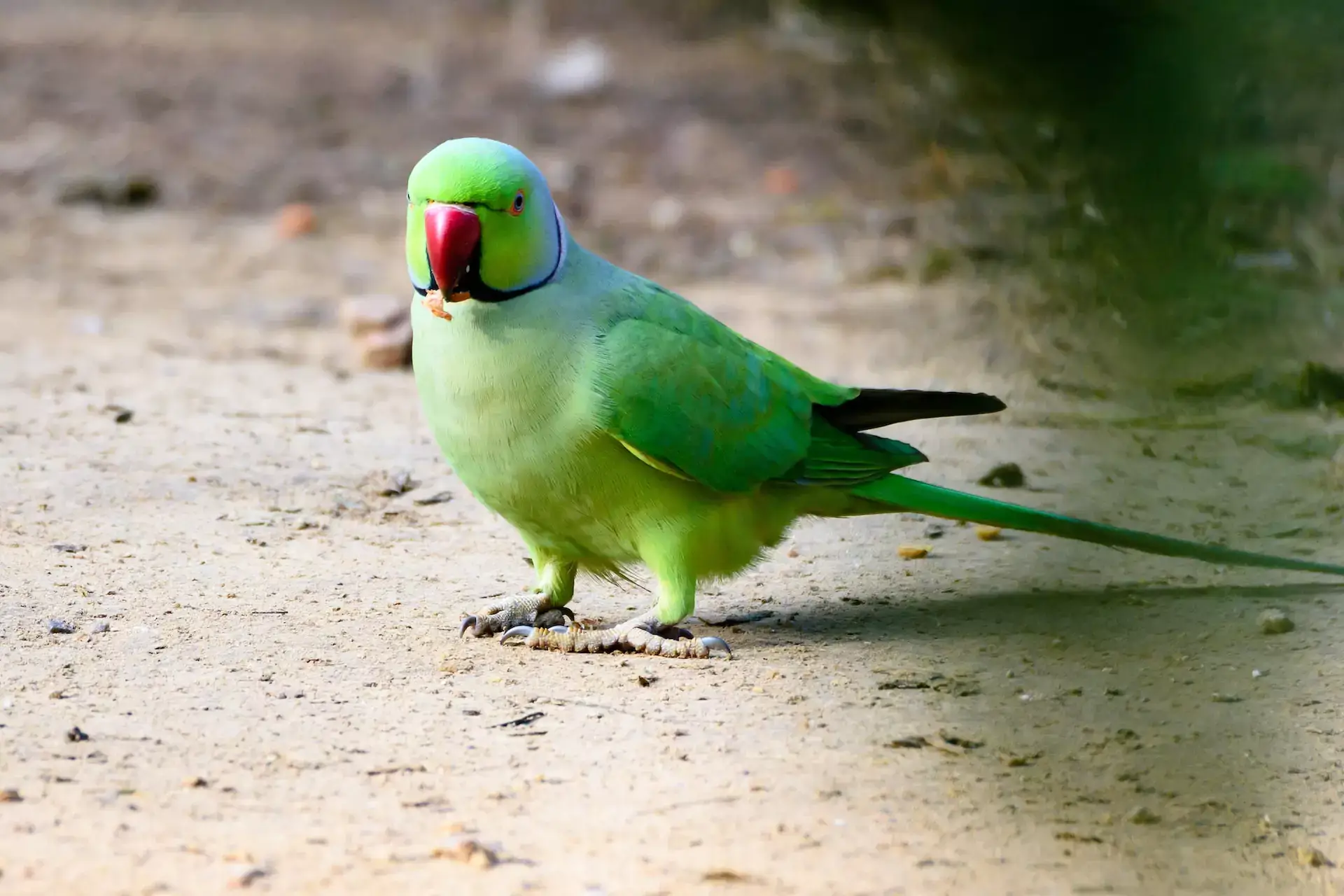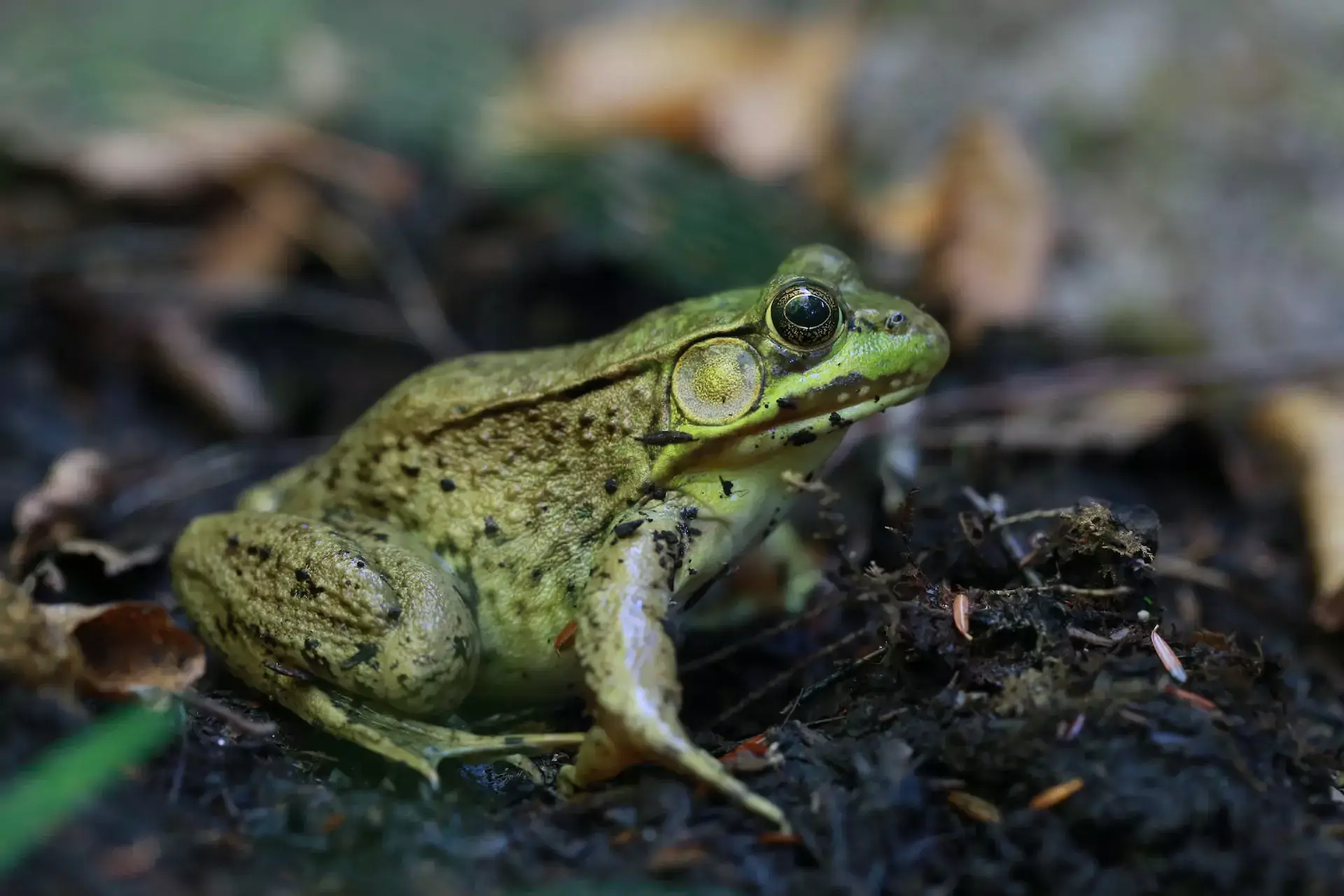Axolotl Care
Have you recently realized that axolotls are super cute? If so, you’re not alone. These lovable amphibians are riding a wave of popularity. If you’re considering keeping one, you’ll want to do some research first, as they do have some specific care needs. A Middletown, DE vet offers some basci care information on this adorable little guy below.
Basics
Axolotls originated in Lake Xochimilco, which is in the Valley of Mexico, as well as the canals and waterways around Mexico City. They were imported to Europe for pets and also research purposes back in the 1800’s. Their history goes much further back than that, though: legend has it that the Aztec god Axolotl transformed into a salamander to keep from being sacrificed. Technically a salamander, the axolotl is unique among amphibians, in that they do not undergo any sort of metamorphosis as they grow. These guys can live up to 15 years, and can grow over a foot long.
Diet
You can offer your pet a variety of meat, such as bloodworms, frozen brine, and even beef heart. They do prefer live food, so you’ll need to ‘wiggle’ your pet’s dinner to make it look like it’s moving.
Habitat
Axolotls require cool, clean water. You’ll need a good-sized aquarium which has been properly cycled. For one axolotl, a 15-gallon tank is sufficient, as long as it’s more wide than tall. The water should be still, and should stay between 60 and 65°F, with the pH levels between 6.5 and 8. You’ll need to be diligent about keeping the tank clean and completely free of ammonia, nitrates and nitrite: those levels should all be 0. As far as tank setup, you can use sand for substrate. Add plants, caves, and pots for hiding spaces, and an air stone for oxygenation. Ask your vet for more information.
Behavior
Axolotls are not the feistiest exotics: they are usually pretty sedentary, and spend most of their time just relaxing and looking adorable. Keep in mind that these guys are easily stressed out. Being handled, bright lights, poor water quality, and overcrowding can all make them unhappy and uneasy. They’re not extremely social, and can live with or without roommates. Just keep in mind that adults may bully juveniles. Ask your vet for specific care tips.
Our Advice on Axolotl Care in 2024
What is the origin and unique nature of axolotls?
Axolotls, fascinating amphibians, originated from the lake complex of Xochimilco near Mexico City. They are known for their unique trait of retaining their larval features throughout their life, a condition called neoteny. Unlike typical salamanders, axolotls don’t undergo metamorphosis to develop lungs and live on land; they remain aquatic and gilled throughout their lives. This aspect of their biology has intrigued scientists for years, making them a subject of extensive research. Additionally, axolotls can regenerate lost body parts, adding to their scientific and exotic pet appeal.
How long do axolotls typically live, and how large can they grow?
In captivity, axolotls usually have a lifespan of 10 to 15 years when cared for properly and kept in an appropriate environment. Regarding their size, axolotls can grow quite large, commonly reaching up to 12 inches, with the average size being about 9 to 10 inches. Factors like genetics, diet, and overall living conditions influence their growth. It’s important to note that a well-maintained habitat and a balanced diet are crucial for their health and growth throughout their lifespan.
What kind of diet suits axolotls, and how should their food be presented?
Axolotls thrive on a carnivorous diet that includes a variety of meat-based foods. Suitable options are bloodworms, brine shrimp, and even pieces of beef heart. They prefer live food, which stimulates their natural hunting instincts. To feed axolotls, especially when using non-live food, it’s beneficial to mimic movement by ‘wiggling’ the food with tweezers to engage them. This method of presentation encourages their natural feeding behavior. Portion size and feeding frequency should be adjusted according to the axolotl’s age, size, and health to maintain optimal nutrition.
What are the specific habitat requirements for axolotls in captivity?
In captivity, axolotls require a specific habitat set up to thrive. An essential requirement is cool, clean water in a well-sized aquarium – a 15-gallon tank is sufficient for one axolotl, ideally more comprehensive than it is tall. The water temperature should be maintained between 60 and 65°F, with pH levels between 6.5 and 8.0. The tank must be adequately cycled to ensure zero ammonia, nitrates, and nitrites. For substrate, sand is suitable as it reduces the risk of ingestion compared to gravel. Include hiding spots like plants, caves, and pots, and use an air stone for adequate oxygenation. Consistent water quality management and a stress-free environment are crucial for their well-being.
How should an axolotl tank be set up for optimal living conditions?
For optimal living conditions, an axolotl’s tank should be set up with attention to both safety and comfort. Start with a 15-gallon tank, ensuring it’s wider than tall to accommodate their preference for floor space over depth. Use fine sand as the substrate to prevent ingestion hazards. The water temperature should be maintained between 60-65°F, with pH levels between 6.5 and 8.0. Include hiding places like plants, caves, or pots to provide security and enrichment. An air stone is essential for proper oxygenation. Avoid solid currents and bright lights, as axolotls prefer still, dimly lit environments. Regularly monitor and maintain water quality, keeping it clean and toxins-free to create a healthy and stress-free habitat for your axolotl.
Do you have questions about pet care? Contact us, your Middletown, DE animal clinic, anytime!





